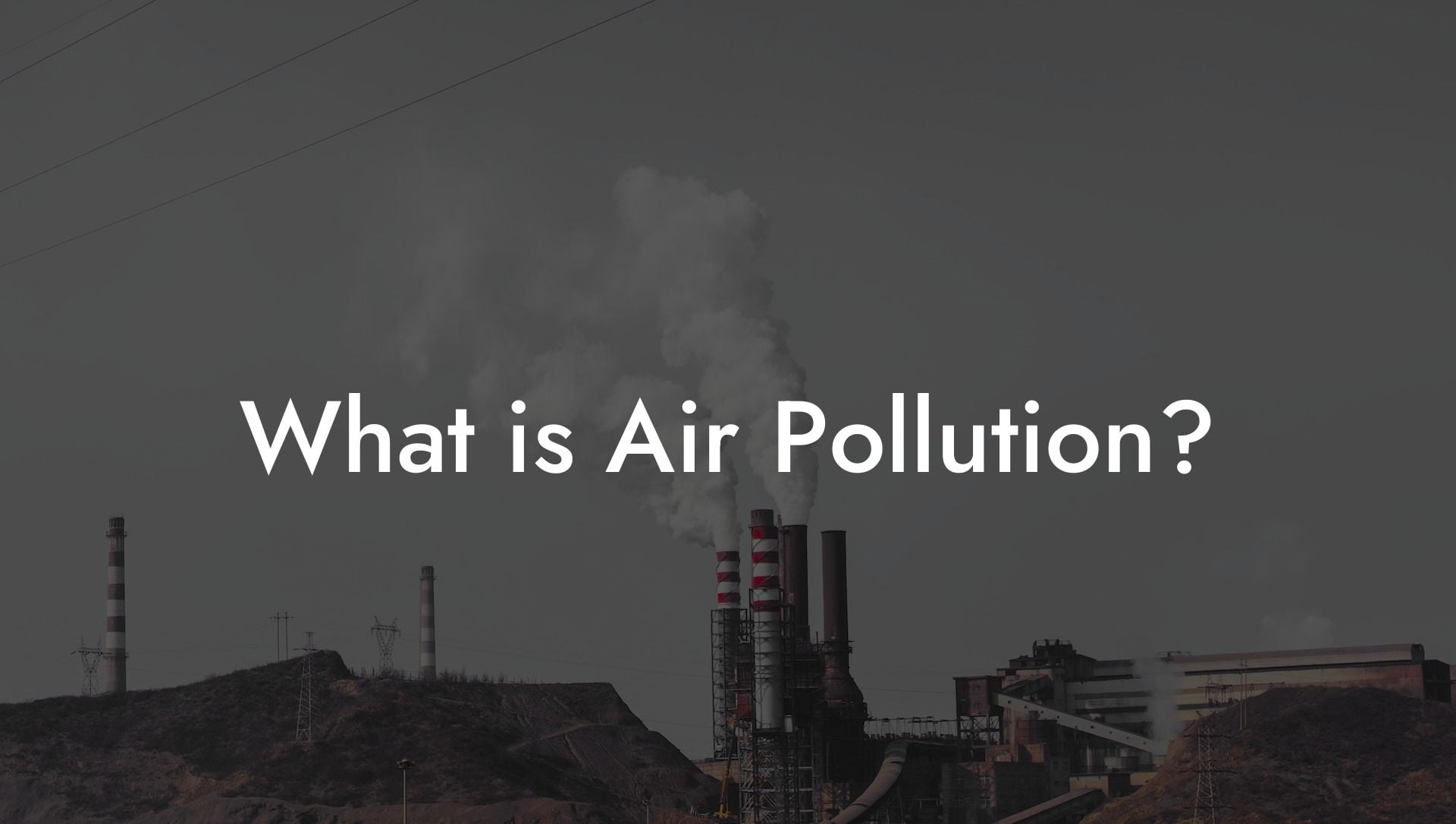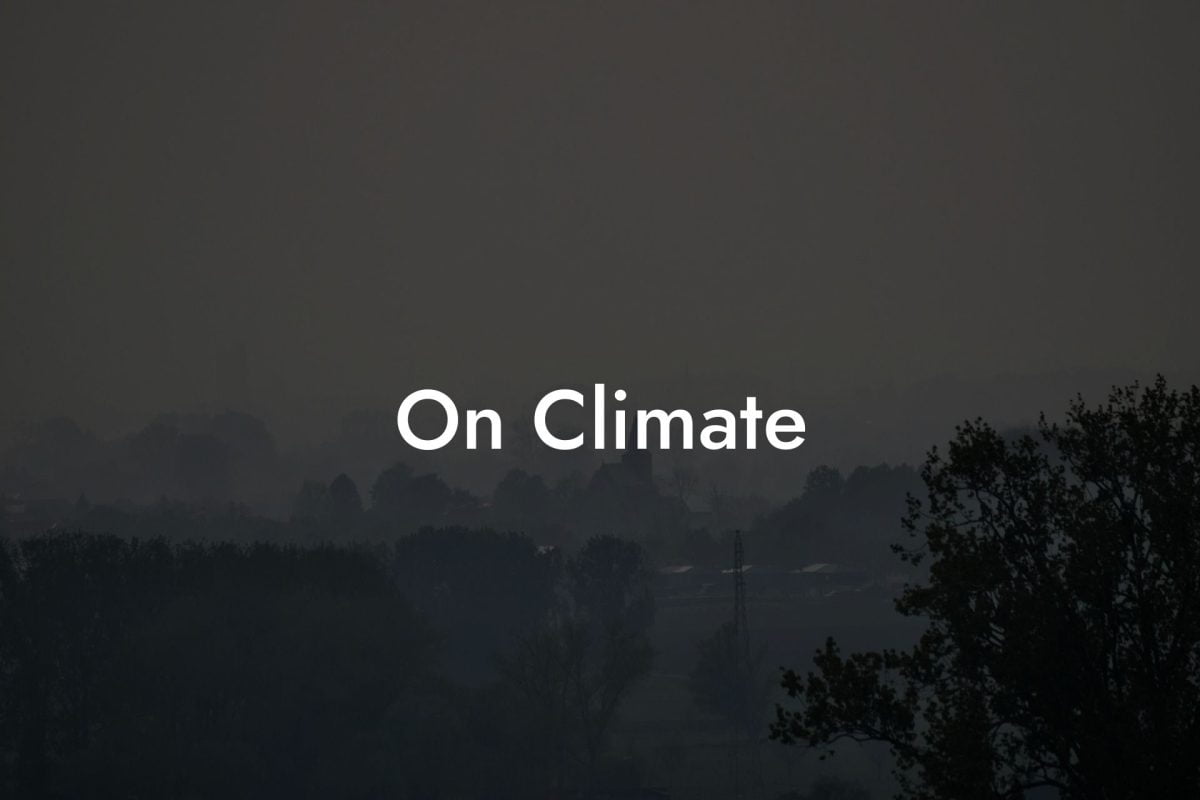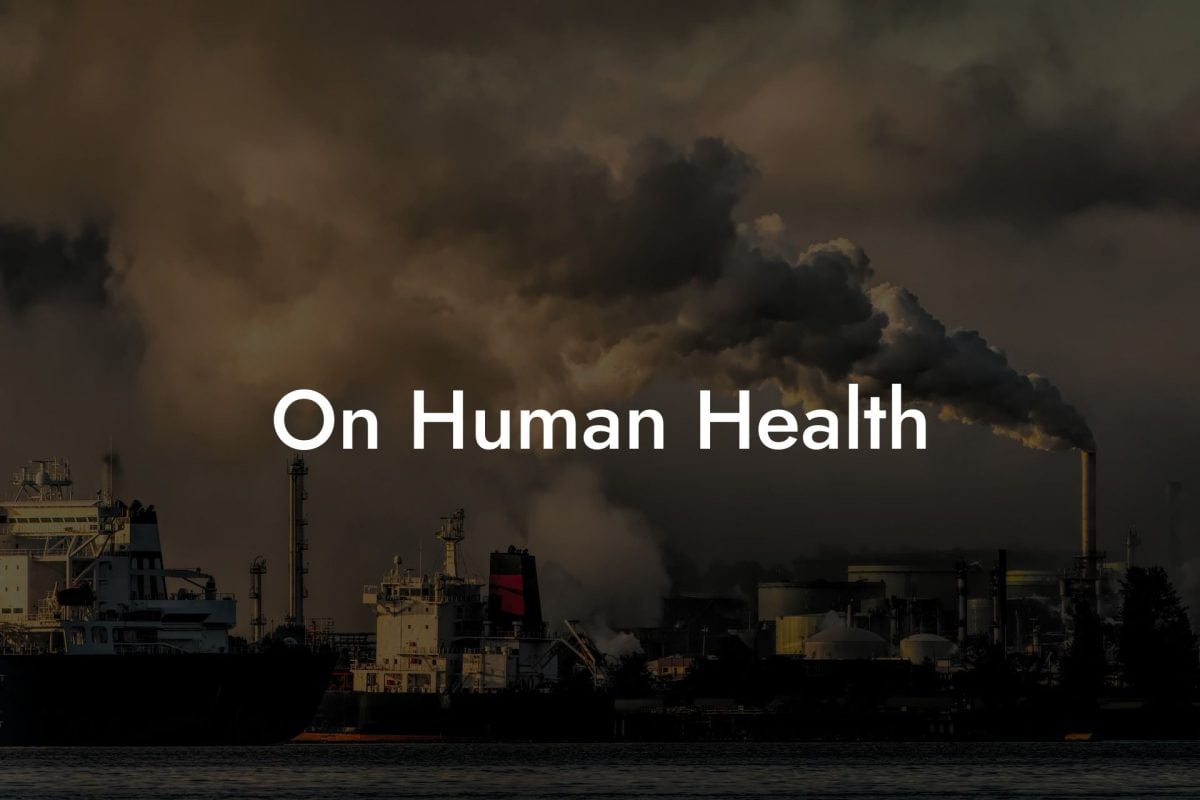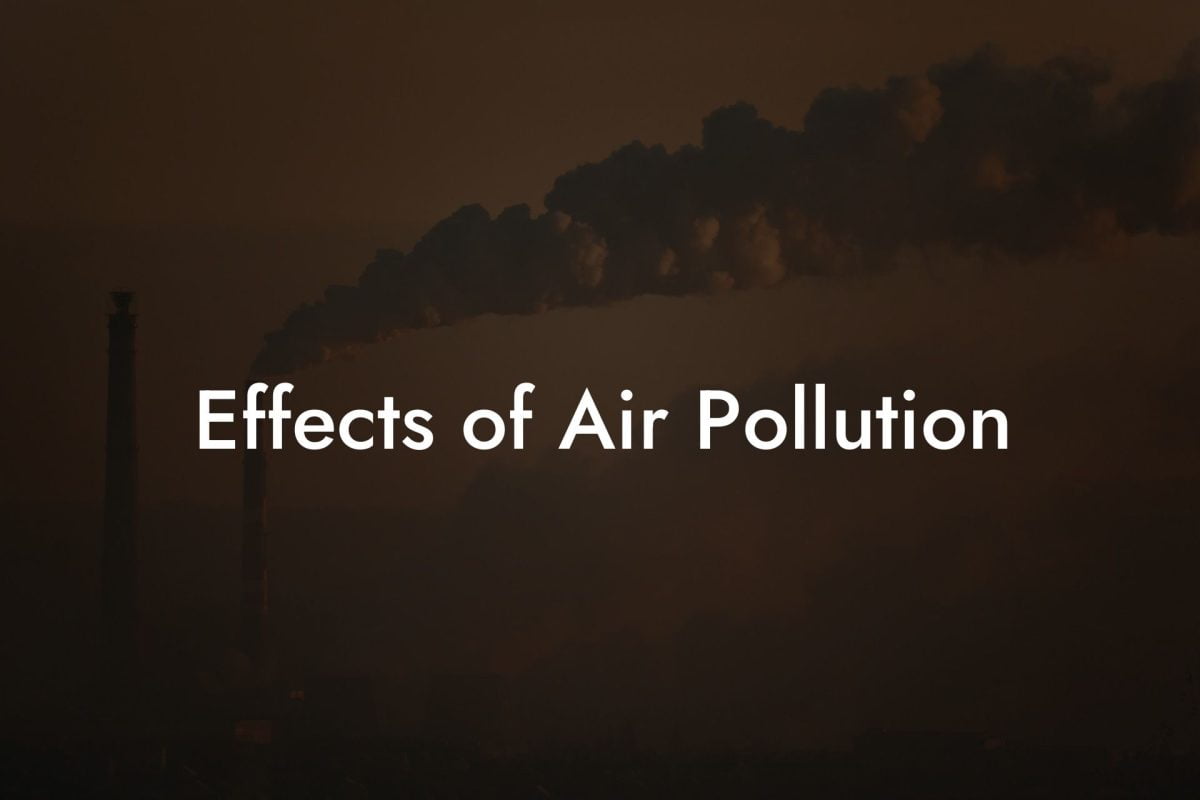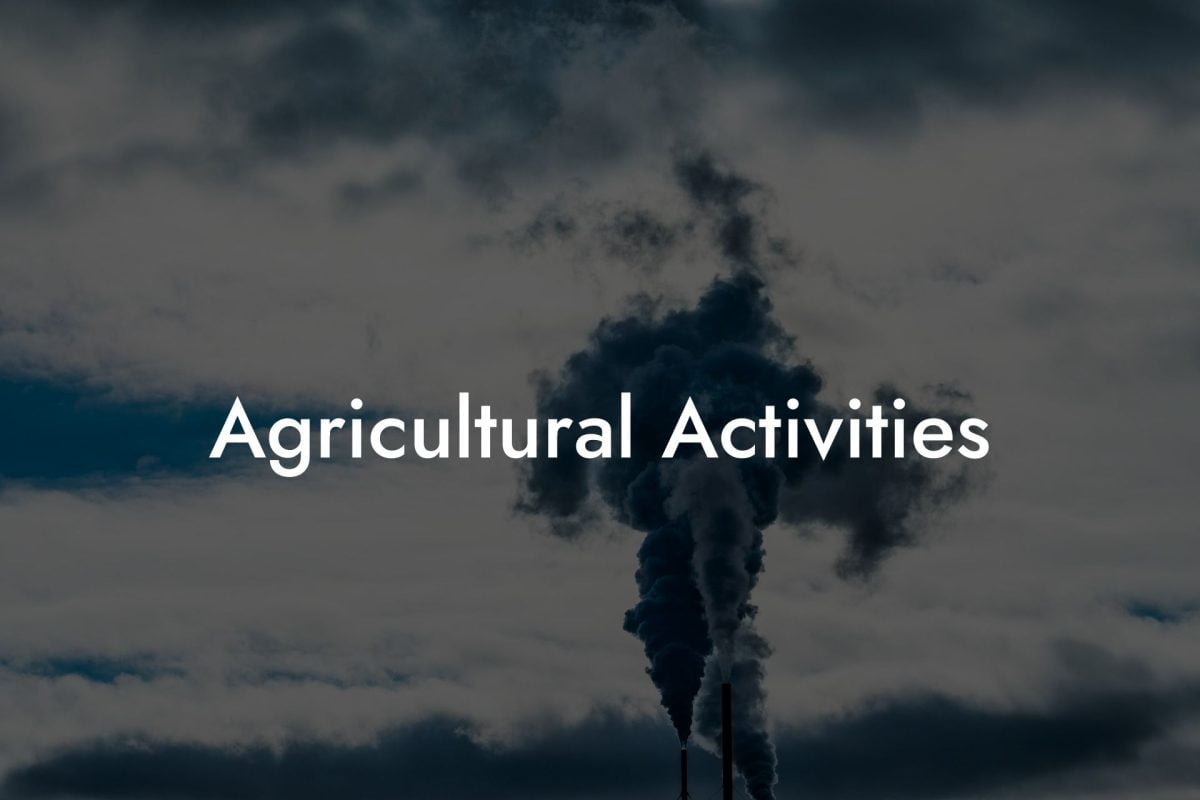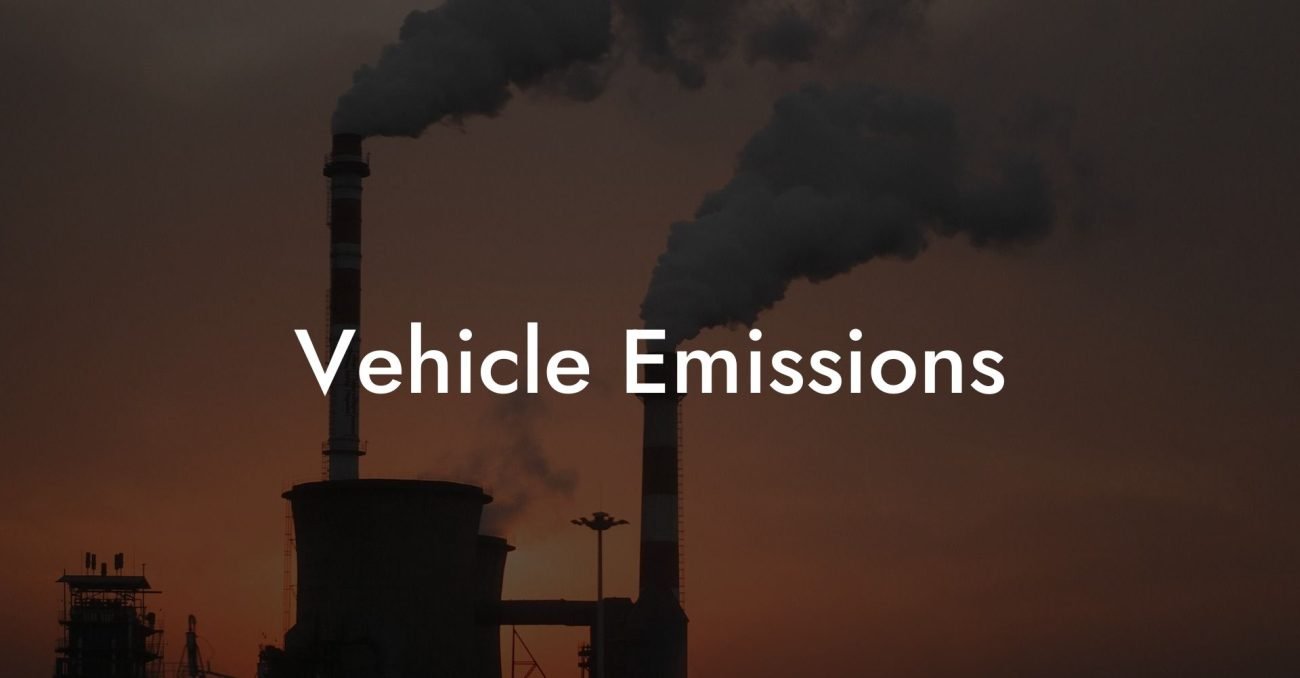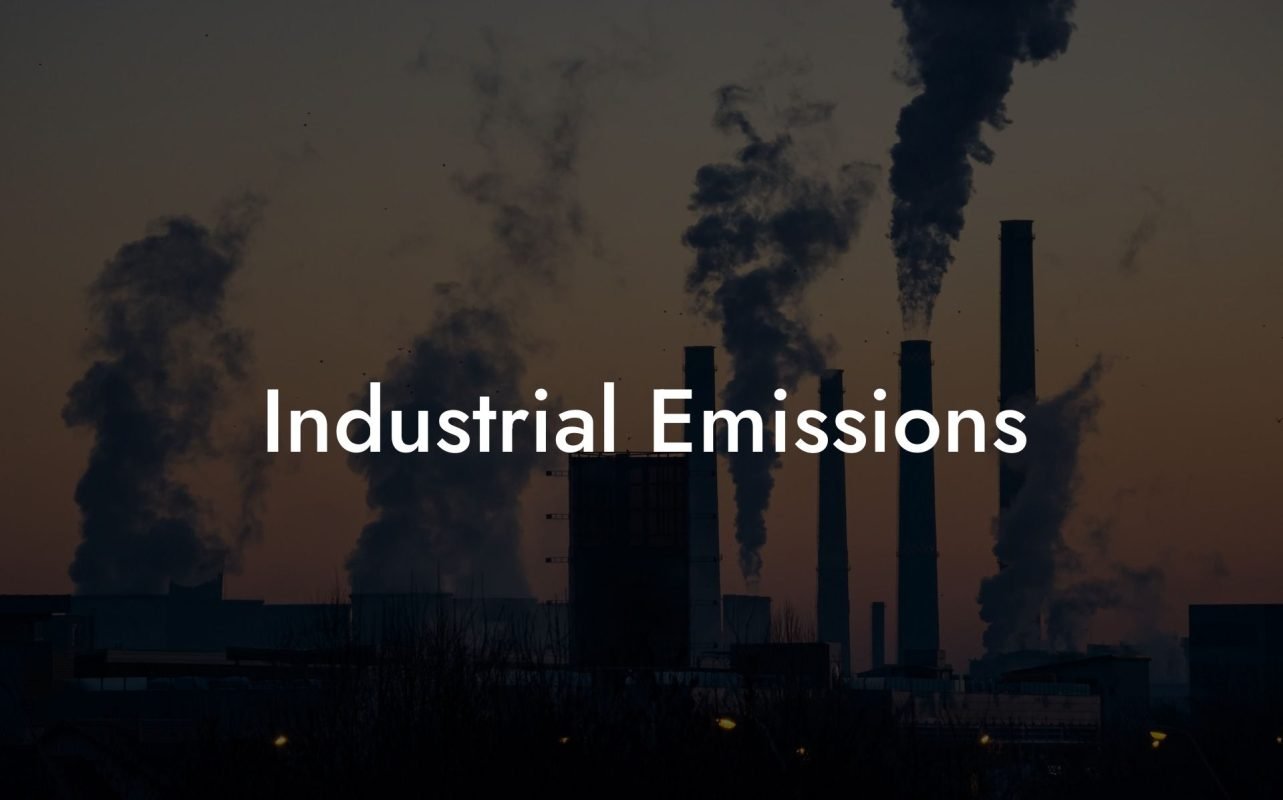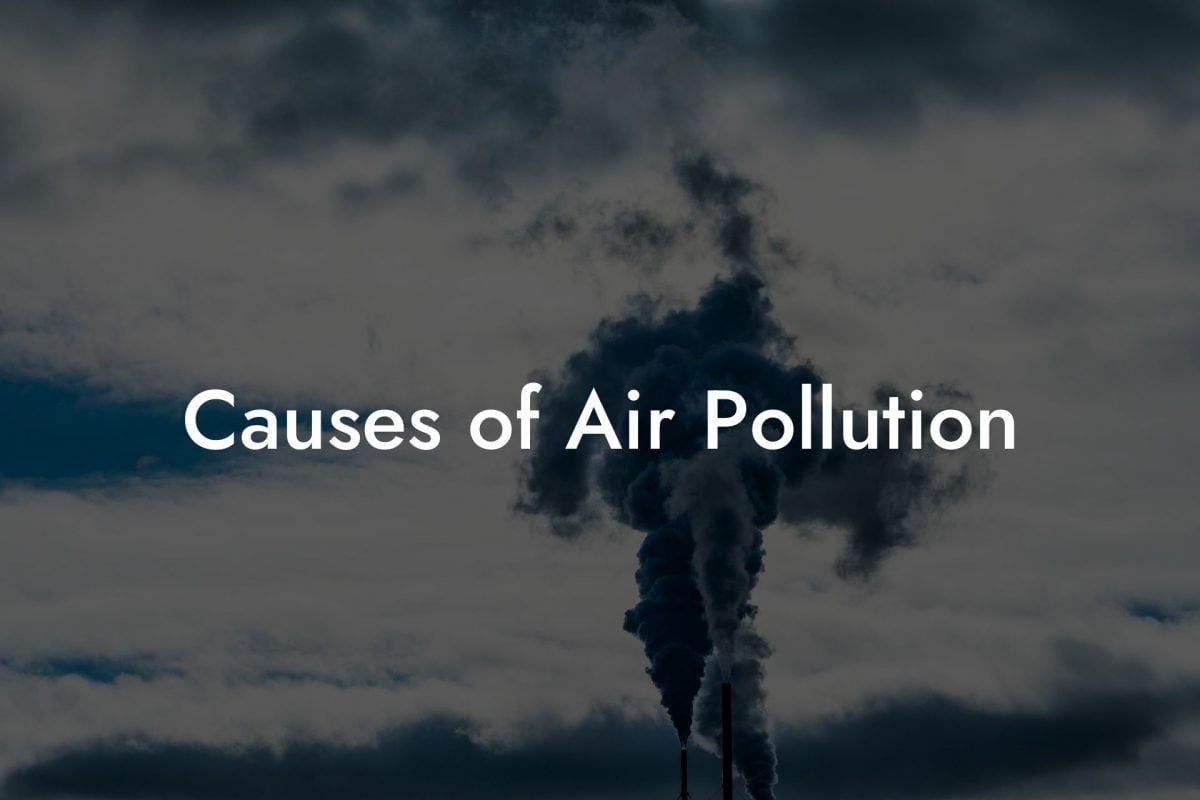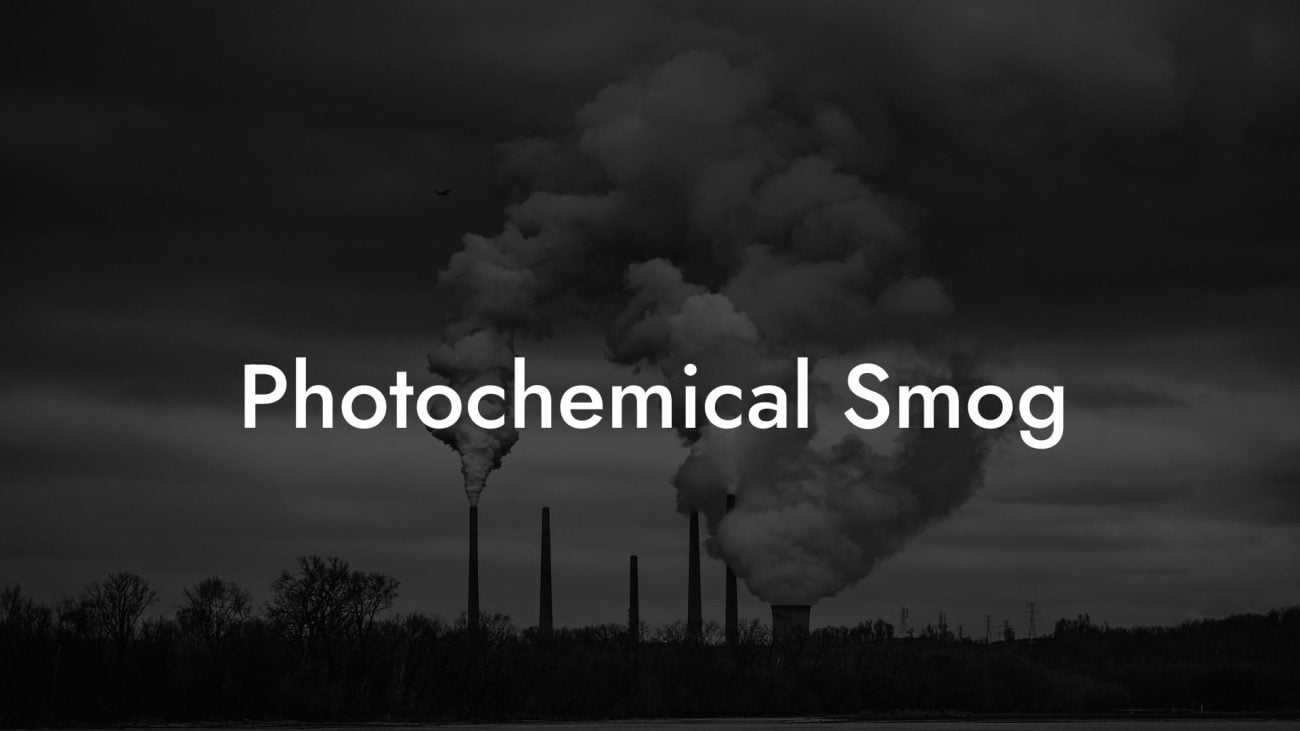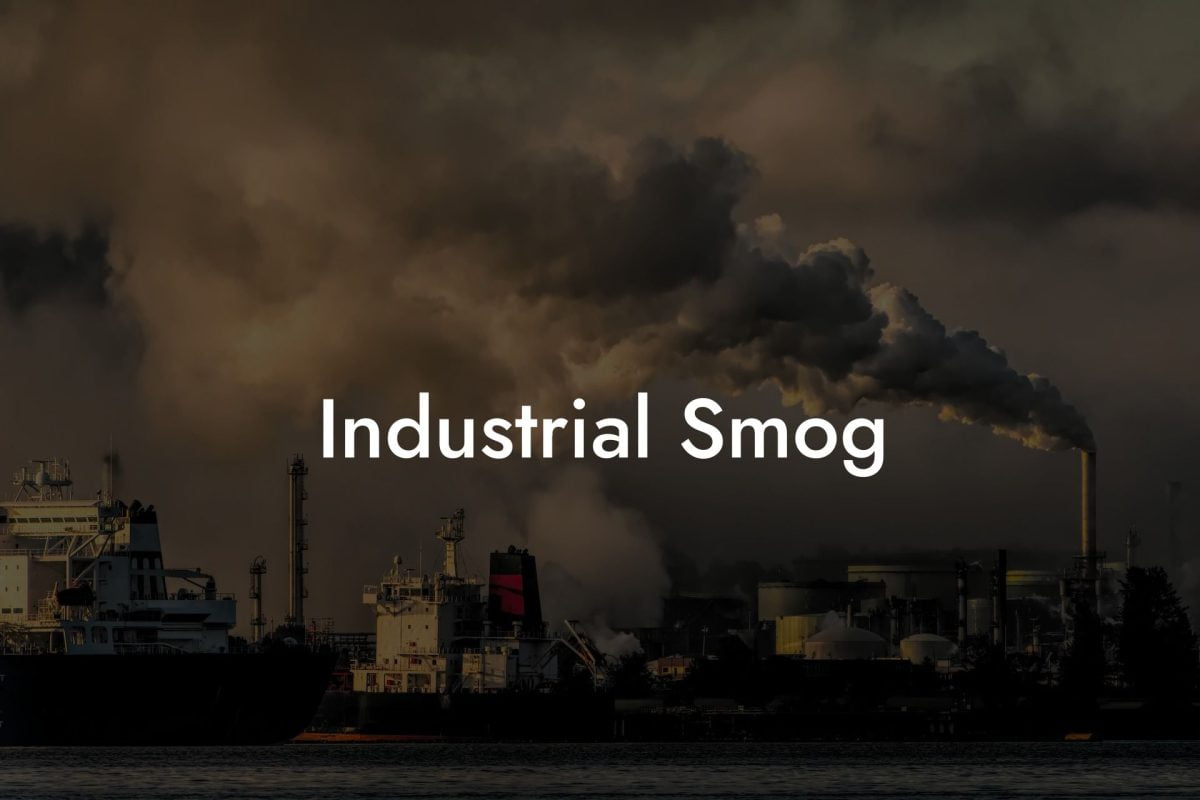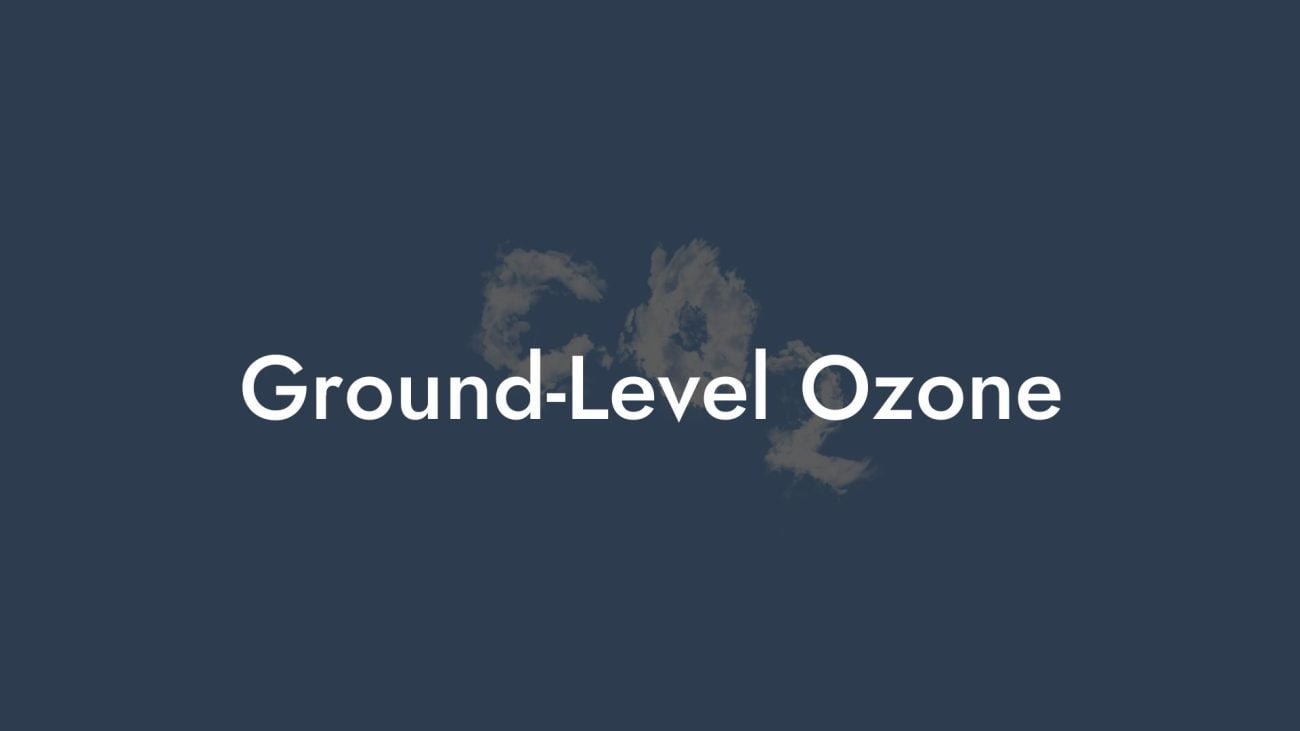Understanding Air Pollution: An Overview
Air pollution refers to the presence of substances in the atmosphere that are harmful to human health, the environment, or cause climate change. It is primarily caused by human activities such as the burning of fossil fuels, industrial processes, and vehicle emissions, although natural events like volcanic eruptions and wildfires also contribute.
Types of Air Pollutants
The major air pollutants include particulate matter (PM), nitrogen dioxide (NO2), sulfur dioxide (SO2), carbon monoxide (CO), and ozone (O3). Particulate matter, especially fine particles known as PM2.5, is particularly concerning due to its ability to penetrate deep into the lungs and bloodstream, causing a range of health problems.
The Health Impacts of Air Pollution
Exposure to air pollution can lead to a myriad of health issues. Short-term effects include irritation of the eyes, nose, and throat, headaches, and allergic reactions. Long-term exposure can lead to chronic respiratory diseases, heart disease, lung cancer, and can affect brain health and the development of children.
Vulnerable Populations
Certain groups, like children, the elderly, and those with pre-existing health conditions, are more susceptible to the adverse effects of air pollution.
Air Pollution and the Environment
Air pollution doesn't just affect human health; it also has significant impacts on the environment. It can harm wildlife, damage forests, affect bodies of water, and contribute to climate change. Acid rain, a consequence of sulfur dioxide and nitrogen oxides in the air, significantly impacts water bodies and soil, altering their composition and affecting the organisms living in these environments.
Monitoring Air Pollution in the UK
In the UK, air pollution is monitored through a network of monitoring stations that track the levels of various pollutants. This data is crucial in understanding the trends and in formulating policies to improve air quality.
The Role of Data in Tackling Air Pollution
Data plays a pivotal role in understanding and managing air pollution. By analyzing pollution data, we can identify sources, understand temporal patterns, and assess the effectiveness of policies aimed at reducing pollution levels.
Reducing Air Pollution: Strategies and Solutions
Reducing air pollution requires a multi-faceted approach. This includes transitioning to cleaner energy sources, implementing stricter emission controls, promoting public transportation, and encouraging sustainable practices among individuals and industries.
The Role of Individuals
Individual actions, such as using public transport, conserving energy, and reducing waste, also contribute significantly to reducing air pollution.
The Future of Air Quality
Looking ahead, the challenge is to balance industrial and economic development with the need to protect public health and the environment. Technological advancements, policy changes, and increased public awareness are key to improving air quality.
UK Air Pollution: Your Ultimate Guide and Database
At UK Air Pollution, we are dedicated to providing comprehensive and up-to-date information about air pollution in the UK. Our database covers key air pollution data across all locations and postcodes, making it an invaluable resource for anyone looking to understand and address air pollution in the UK.
Why Choose UK Air Pollution?
Whether you are involved in research projects, seeking data for environmental assessments, or simply looking to understand more about air pollution in your area, UK Air Pollution is your go-to source. Our high-energy, professional, and engaging approach makes learning about air pollution informative and accessible.
Join Us in the Fight Against Air Pollution
By choosing UK Air Pollution, you are not just accessing a database; you are becoming part of a community dedicated to making the UK a cleaner, healthier place to live. Trust us for all your air pollution data needs.


